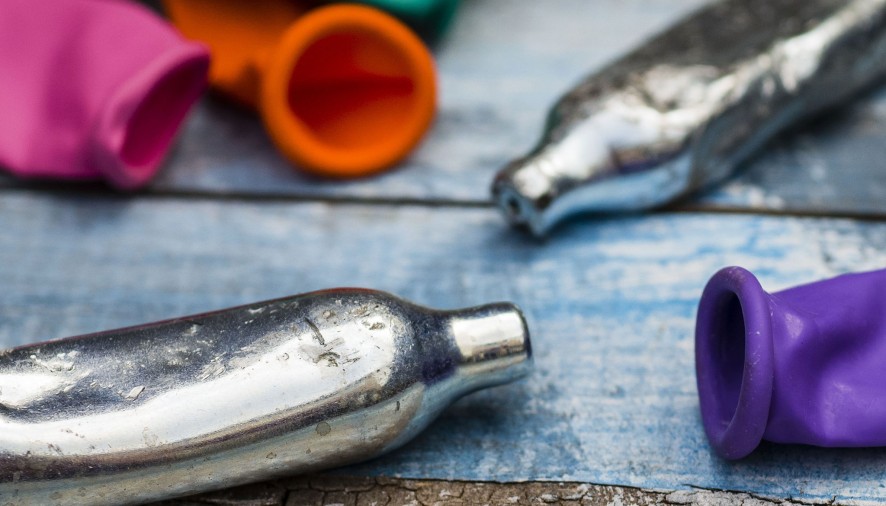The Psychoactive Substances Act, set to be enforced on 6th April, states that any substance will be illegal to produce or supply if it can produce a psychoactive effect.
The only exemption from the Act are those substances already controlled by the Misuse of Drugs Act, such as nicotine, alcohol, caffeine and medicinal products.
Government officials say the main aim of the act is shut down shops and websites which currently sell or produce so-called ‘legal highs’.
The number of deaths in the UK from so called ‘legal highs’ have significantly risen in recent years, with 67 in 2014, treble the number recorded in 2010.
A public call for the banning of legal highs was first raised in November last year, and the government has responded with the introduction of the Psychoactive Substances Act.
Some of the substances the act references include poppers, and nitrous oxide or NOS, two of the most popular ‘legal highs’ currently available in the UK.
The act has been critcised, even before its implementation, as it does not cover the crime of possession, meaning that people caught with psychoactive substances on their person will not be charged.
The crime and blame is placed solely in the hands of the suppliers and producers, halting the desire to produce.
However, some believe by not punishing people from buying the substances the act will fail to curb their use.
Zoe Bancroft

